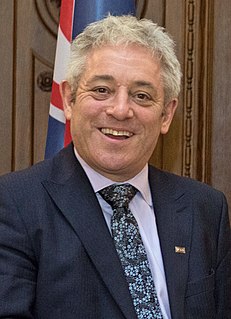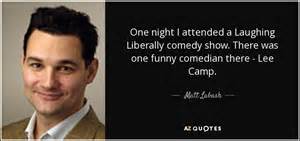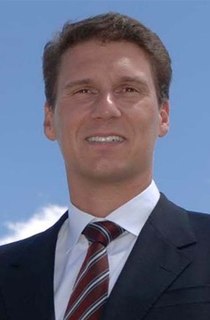A Quote by John Bercow
I don't think that people are disinterested or uninterested in politics. I think very often they are disengaged from the formal political process. To some extent they are suspicious or even despairing of formal politics as a means to give expression and effect to what they want.
Related Quotes
I think I've yet to do the big heave is because New York editors tend to think D.C. guys like me want to do political stories. And I hate politics for its own sake. Politics are so... I don't know, political. Which is an odd thing for a guy to say, I suppose, who has worked at a political magazine for fourteen years.
The media, I think, have to be accountable for some of the misdirection that is put forward in politics in some of the misapprehension, maybe even some of the lack of confidence in the political process. Because the most benign, frank thought can be twisted and portrayed as something that it really wasn't intended to.
Politics, which really is about the art of expression, ought to be a logical profession for writers (it's very hard to explain to politics- and policy-addicted people that language is the basis of all ideas - if you can't say it, you can't think it), instead of a refuge for lawyers and apparatchiks.
My definition of art has always been the same. It is about freedom of expression, a new way of communication. It is never about exhibiting in museums or about hanging it on the wall. Art should live in the heart of the people. Ordinary people should have the same ability to understand art as anybody else. I don’t think art is elite or mysterious. I don’t think anybody can separate art from politics. The intention to separate art from politics is itself a very political intention.
I have one great political idea... That idea is an old one. It is widely and generally assented to; nevertheless, it is very generally trampled upon and disregarded. The best expression of it, I have found in the Bible. It is in substance, "Righteousness exalteth a nation - sin is a reproach to any people." This constitutes my politics, the negative and positive of my politics, and the whole of my politics... I feel it my duty to do all in my power to infuse this idea into the public mind, that it may speedily be recognized and practiced upon by our people.
People get anxious about dividing sorts of poetry, say Confessionalism from political poetry. But Confessionalism is very much an expression of racial privilege and of class privilege. I don't think it's always a blind expression of these privileges but it does have its genesis in them, in the politics of them.


































